
As artificial intelligence agents rapidly evolve from mere digital assistants to autonomous economic actors, the need for a secure, verifiable, and interoperable payment infrastructure has become urgent. This is precisely the challenge Google Cloud’s Agent Payments Protocol (AP2) aims to address. But it’s the integration of EigenLayer restaking technology, via EigenCloud, that is emerging as the critical trust layer powering this new paradigm for agent-to-agent and agent-to-merchant transactions.
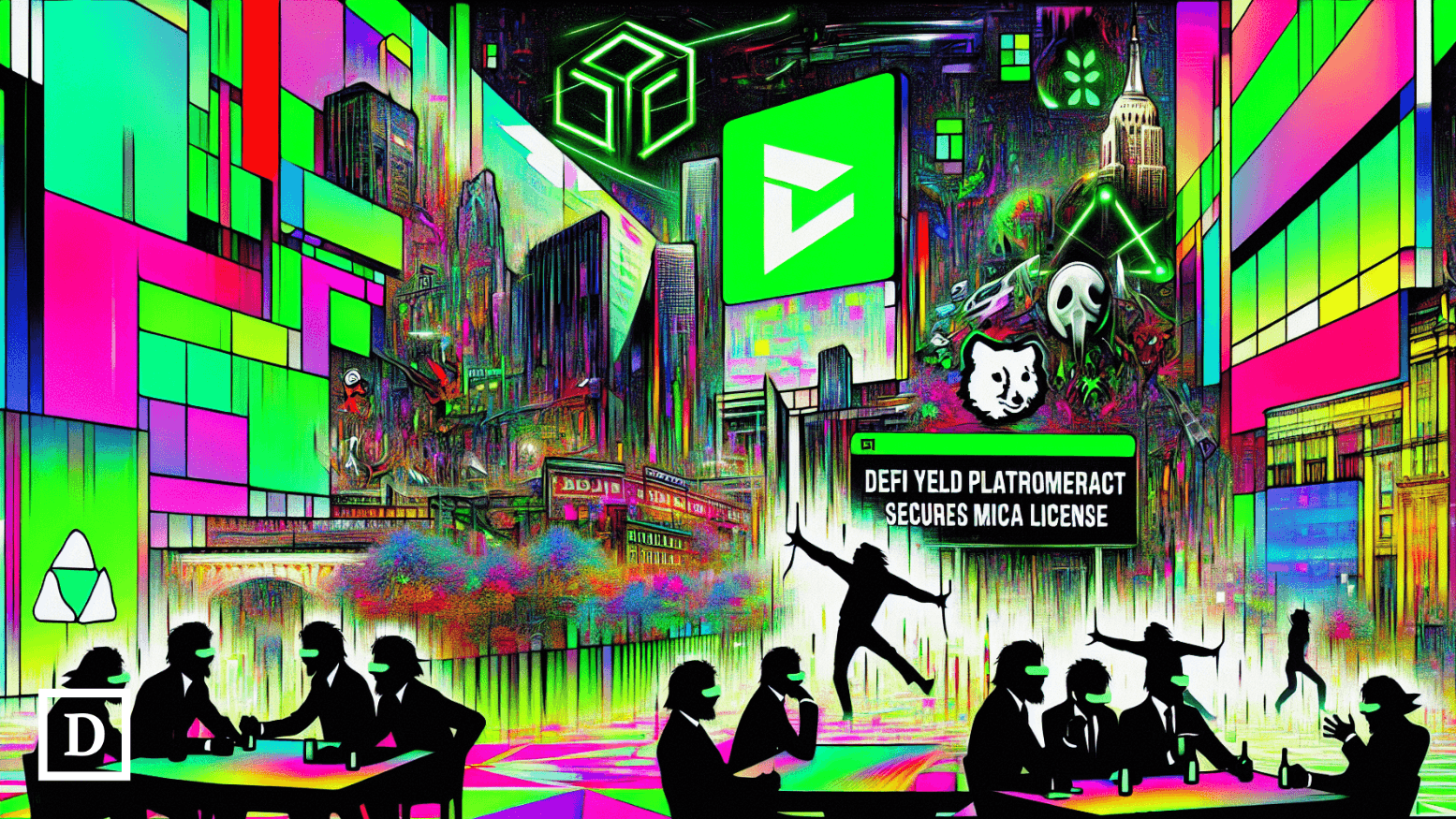
The Rise of AI Agents as Economic Actors
The vision behind AP2 is bold: create a universal payments standard where AI agents can autonomously initiate and settle transactions across credit cards, bank rails, stablecoins, and blockchains. By leveraging the HTTP 402 status code, AP2 provides a standardized way for these agents to request and process payments across disparate networks. The protocol is backed by a coalition of traditional payment giants (such as American Express and PayPal) alongside crypto-native infrastructure providers, including Coinbase and now EigenLayer. (Blockworks coverage)
This new landscape demands more than just interoperability; it requires robust mechanisms for verifiability, accountability, and crypto-economic security. Enter EigenCloud, the EigenLayer-powered platform that brings Ethereum’s restaking innovation to bear on one of the most complex challenges in digital payments: ensuring that autonomous agents act according to their programmed incentives while remaining fully auditable.
How EigenLayer Restaking Fortifies Agent Payments
At its core, EigenLayer restaking with Google Cloud enables staked ETH to be leveraged as collateral across multiple protocols simultaneously. For AP2, this means that every transaction initiated by an AI agent can be secured not just by cryptographic proofs but also by real economic value at stake, creating meaningful consequences for malicious or erroneous behavior.
The implications are profound:
5 Ways EigenLayer Restaking Builds Trust in AI Agent Payments
-
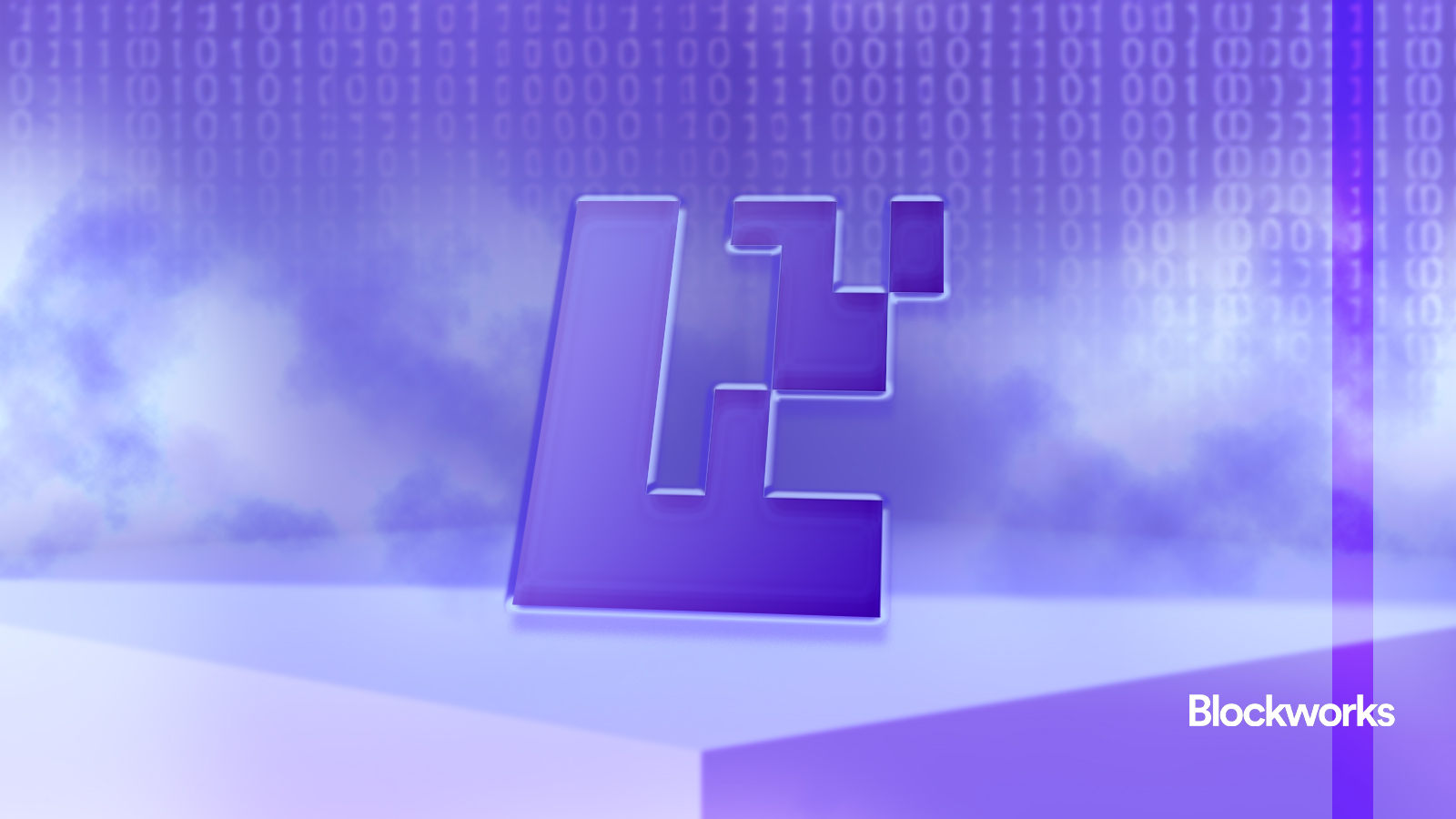
1. Enhanced Transaction Verifiability via EigenCloudBy integrating EigenCloud with Google Cloud’s Agent Payments Protocol (AP2), every AI agent-initiated transaction is anchored to Ethereum’s robust security guarantees. This ensures that all payments are transparent, traceable, and independently verifiable on-chain.
-
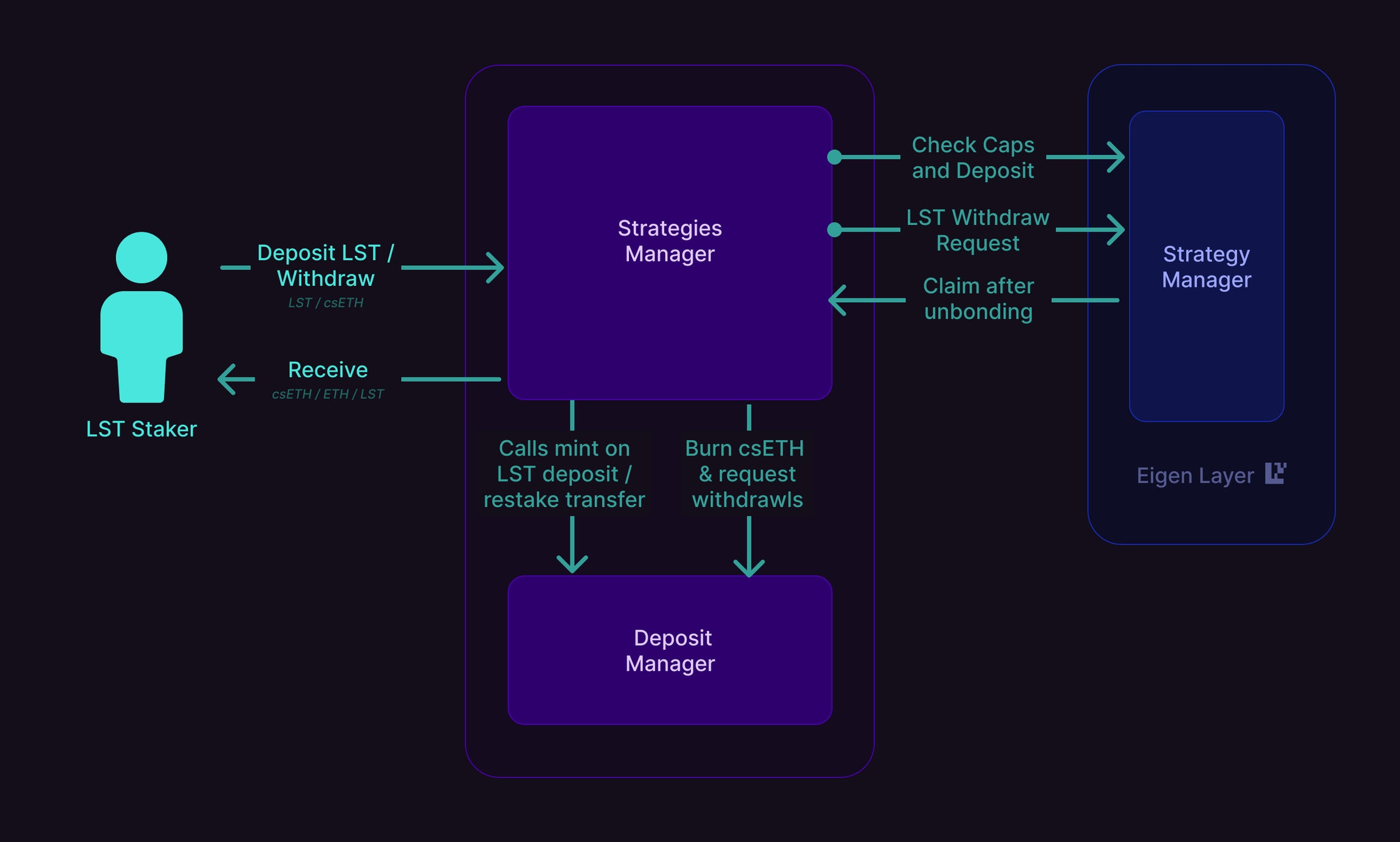
2. Economic Security Through Ethereum RestakingEigenLayer’s restaking mechanism allows staked ETH to secure multiple platforms, including AP2. This layered security model makes it significantly harder for malicious actors to compromise payment processes, as substantial economic value is at risk for validators who misbehave.
-
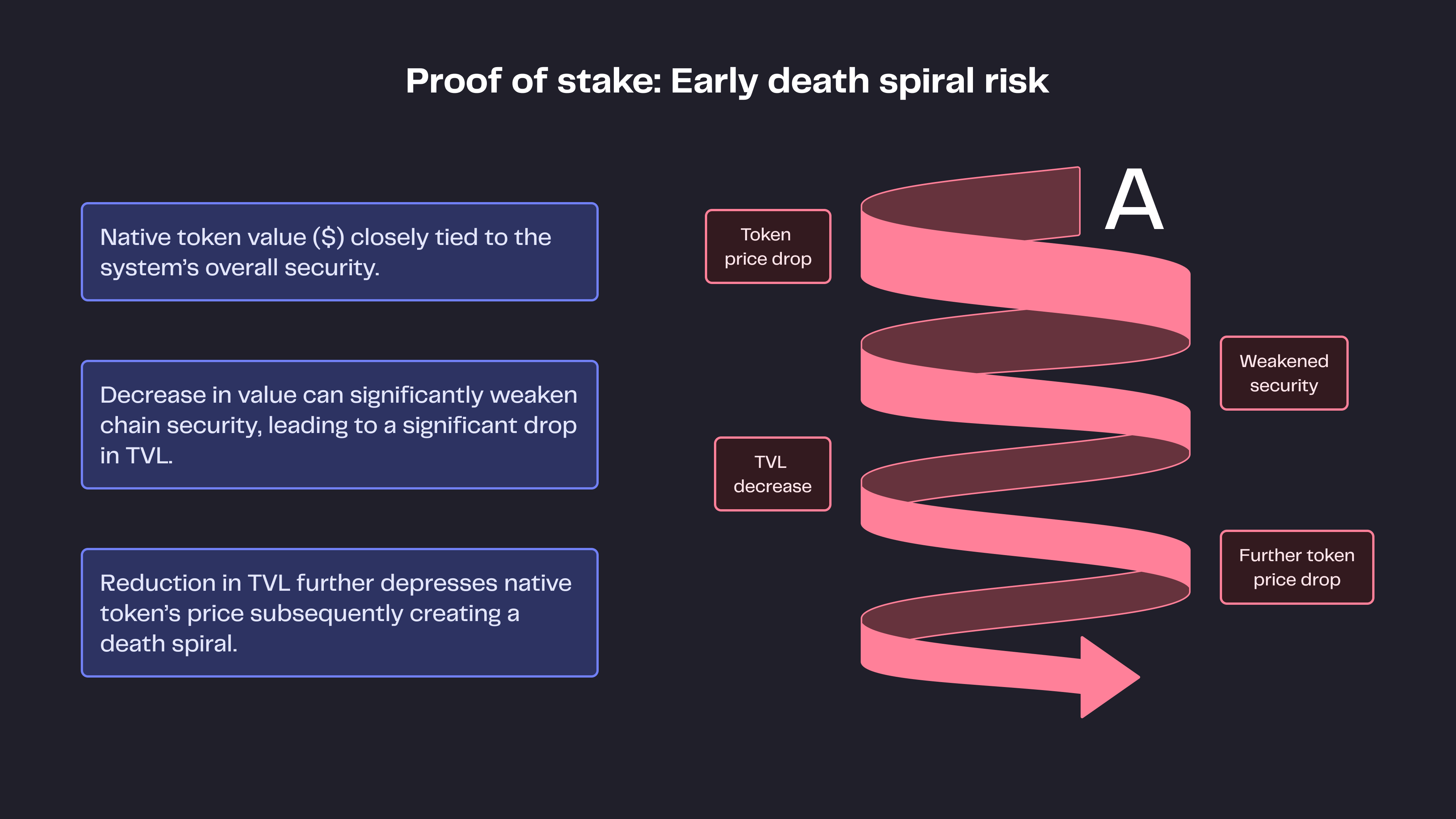
3. Accountability With Slashing Penalties for MisbehaviorAI agents operating within AP2 are subject to slashing penalties if they deviate from predefined behaviors. This economic incentive structure, enabled by EigenLayer, ensures agents act reliably and honestly, as any misconduct results in tangible financial loss.
-
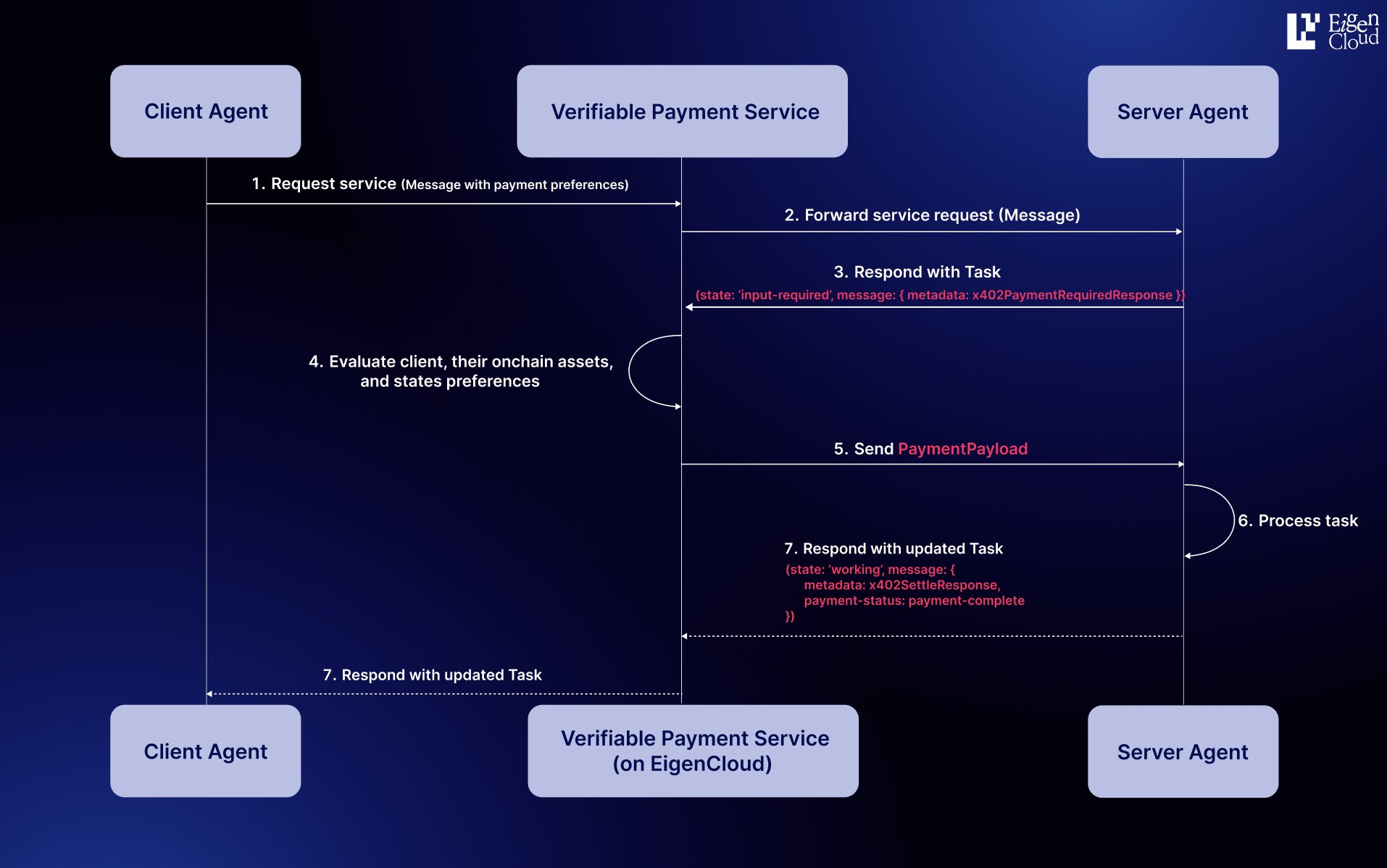
4. Cross-Network Payment StandardizationAP2 leverages the HTTP 402 status code to create a universal payment language for AI agents. Combined with EigenLayer’s verifiable infrastructure, this allows seamless, trustworthy payments across cards, bank rails, and blockchains, eliminating ambiguity and reducing fraud risk.
-
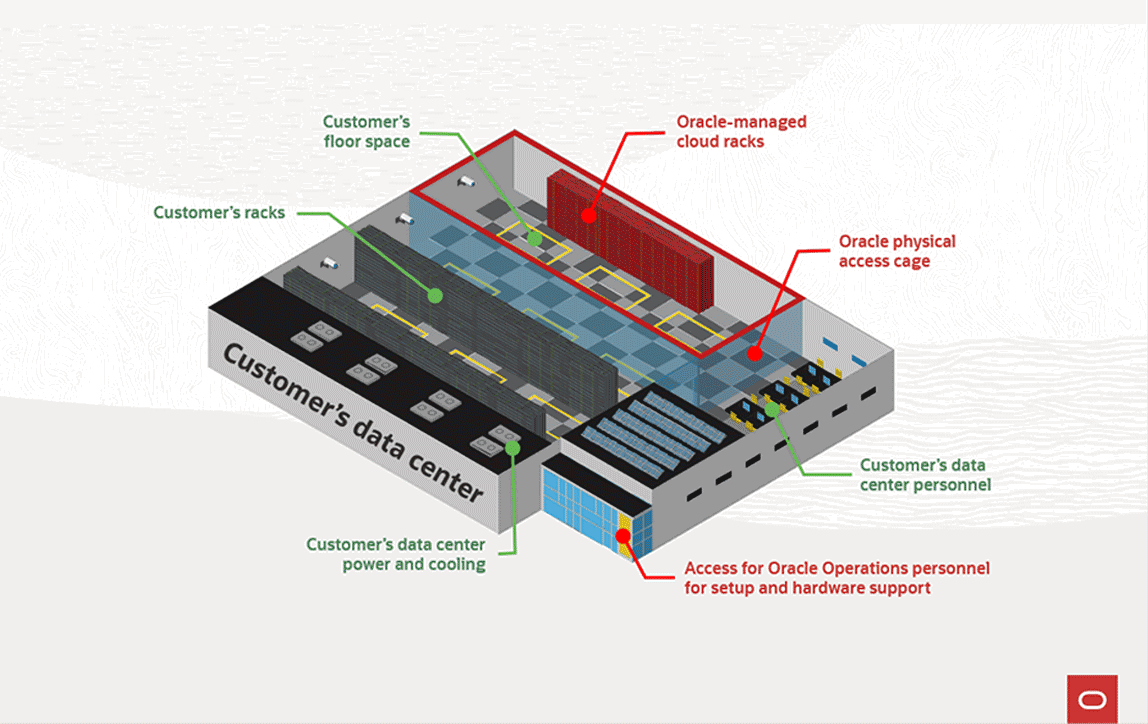
5. Empowerment of Sovereign AI AgentsThe partnership enables sovereign AI agents—autonomous entities that can own assets, make decisions, and transact independently. With EigenLayer restaking underpinning their actions, these agents are economically incentivized to maintain trust and integrity in all payment interactions.
This approach introduces a slashing mechanism, agents that deviate from agreed-upon behaviors or attempt fraudulent actions risk losing staked assets. This aligns incentives between network participants (validators), protocol developers, merchants, and end-users in a transparent manner that is enforced on-chain.
Sovereign AI Agents and The Crypto-Economic Trust Layer
The integration of EigenCloud into AP2 enables what many are calling “sovereign AI agents”: autonomous entities capable of owning digital property, executing contracts, and making independent decisions within bounded rulesets. These agents are now economically incentivized to behave honestly through slashing penalties enforced by Ethereum’s consensus layer.
This marks a significant evolution in the AI agent economy crypto: instead of relying solely on off-chain reputation or centralized trust anchors, network participants can verify agent actions directly on-chain. This shift paves the way for new business models where decentralized AI services transact seamlessly with both traditional finance rails and DeFi protocols.
By anchoring agent behavior to real, restaked ETH, the system introduces a measurable cost to misbehavior and a tangible reward for compliance. This crypto-economic design is not just theoretical: it is already being deployed at scale thanks to the partnership between Google Cloud and EigenLayer. The AP2 protocol’s open architecture ensures that new classes of AI agents, whether they are supply chain bots, autonomous trading algorithms, or digital assistants, can participate in global commerce with unprecedented trust guarantees.
Unlike legacy payment infrastructures where disputes are mediated off-chain and often opaque, AP2’s integration with Ethereum staking for AI means every action is auditable and every violation carries real economic consequences. This is especially critical as agents begin handling substantial value flows across blockchains and traditional rails alike.
Unlocking New Use Cases in the AI Agent Economy
The secure foundation provided by EigenLayer restaking and AP2 is already catalyzing innovation across sectors:
5 Emerging Use Cases for Sovereign AI Agents with AP2 & EigenLayer
-
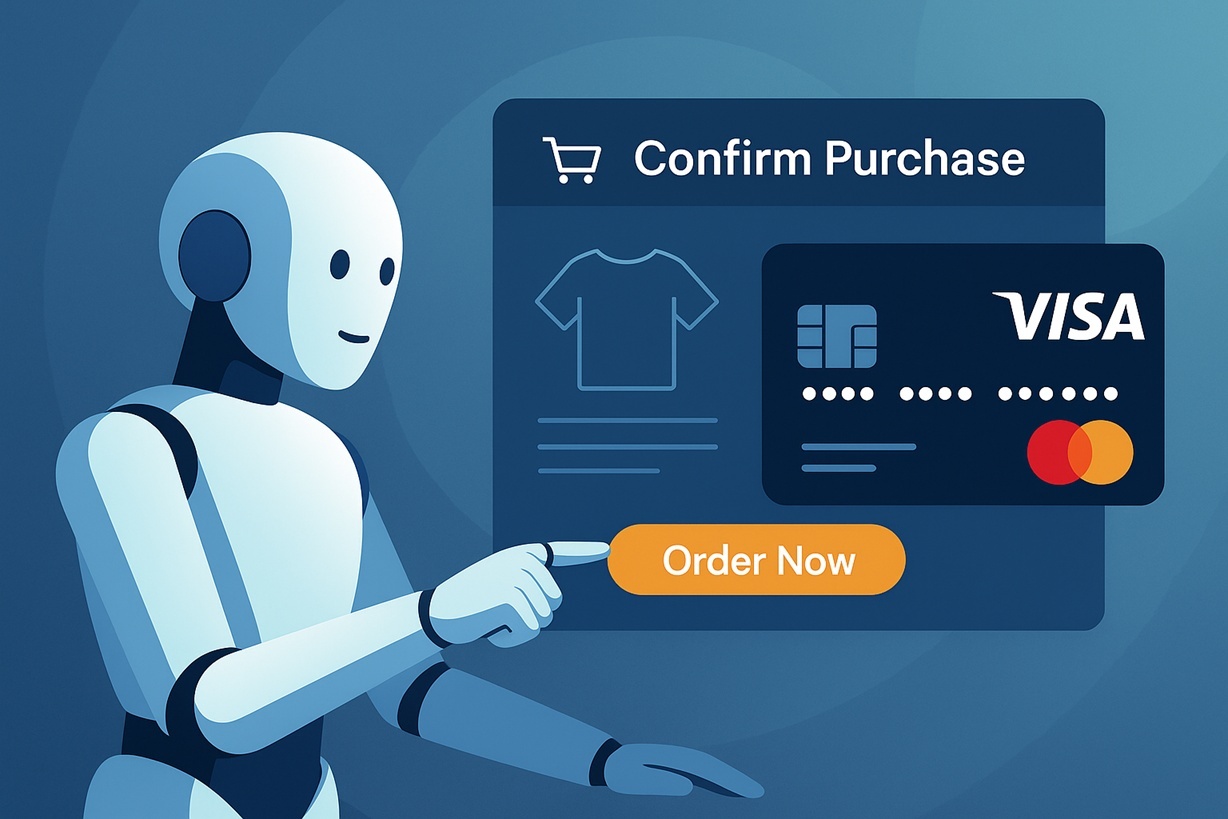
Autonomous B2B Payments and Procurement: AI agents can independently negotiate, authorize, and settle payments for enterprise procurement using AP2 and EigenLayer-secured infrastructure. This enables trusted, auditable transactions across suppliers, leveraging smart contracts and restaked ETH for enhanced security.
-
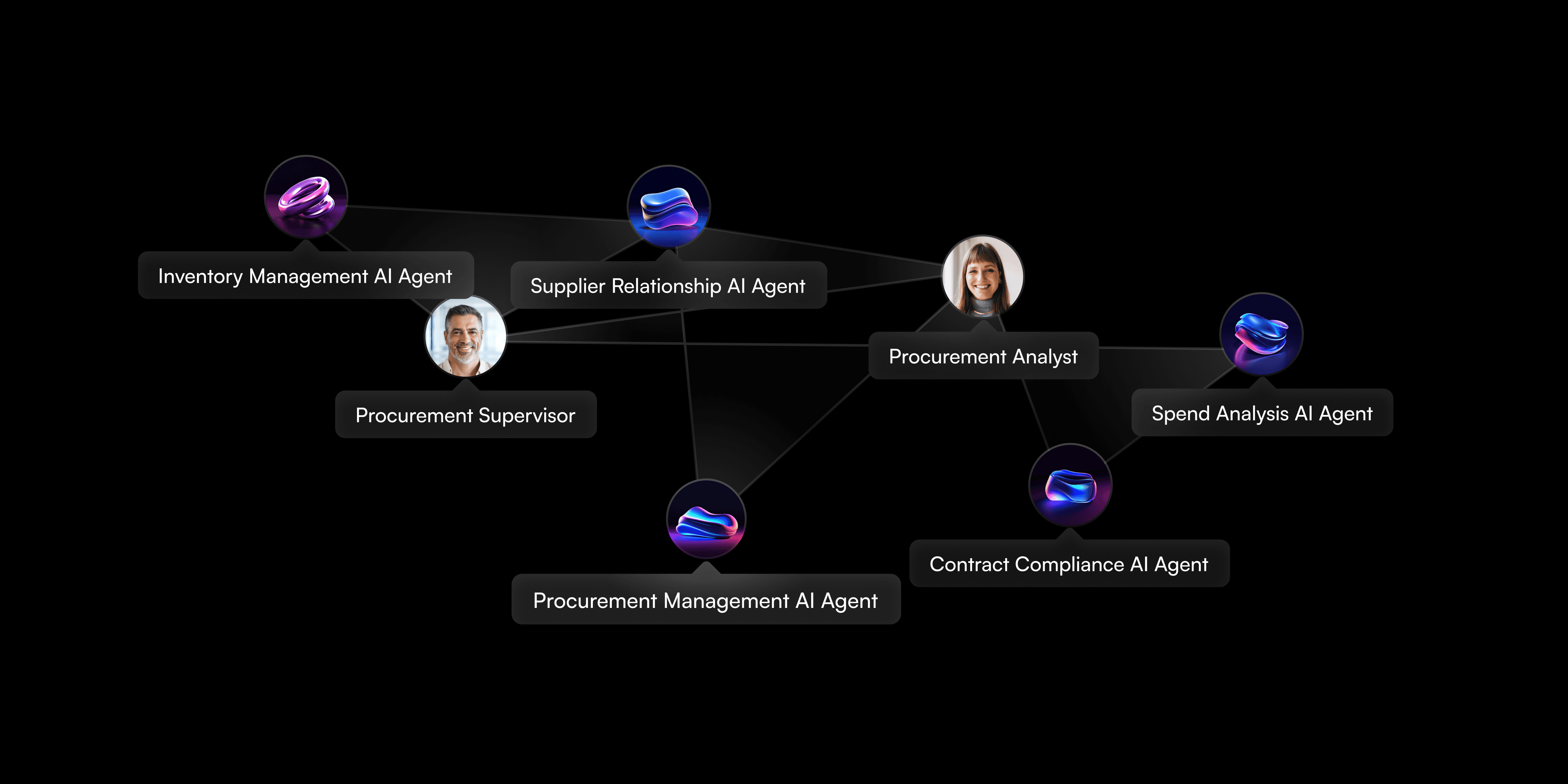
On-Demand Cloud Resource Management: Sovereign AI agents can dynamically purchase, allocate, and pay for cloud compute, storage, or API access—such as through Google Cloud—using AP2. The integration with EigenCloud ensures verifiable usage and payment settlements, reducing fraud and manual intervention.
-
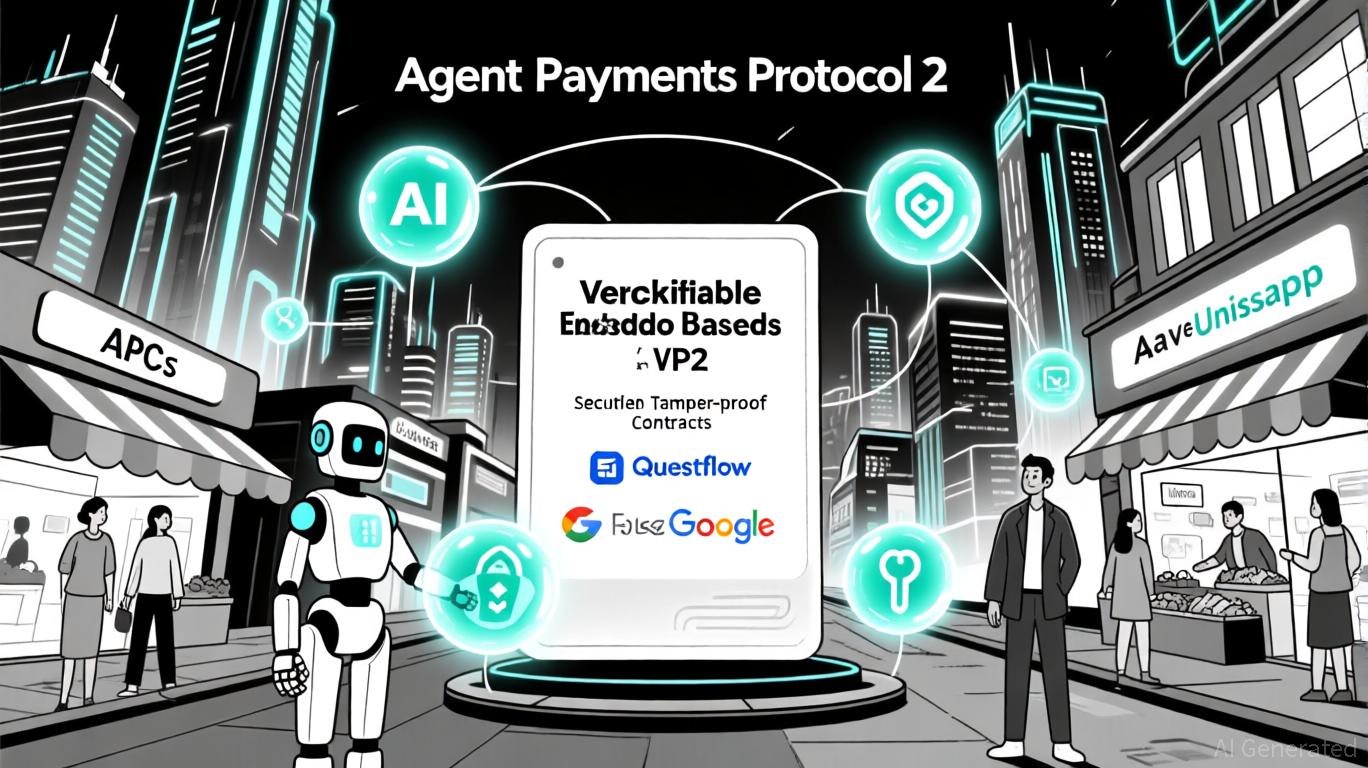
Cross-Platform Subscription Management: AI agents can autonomously subscribe, renew, or cancel digital services (e.g., SaaS tools, content platforms) by leveraging AP2’s standardized payment layer. EigenLayer’s restaking mechanism provides a trust-minimized environment for recurring payments and dispute resolution.
-
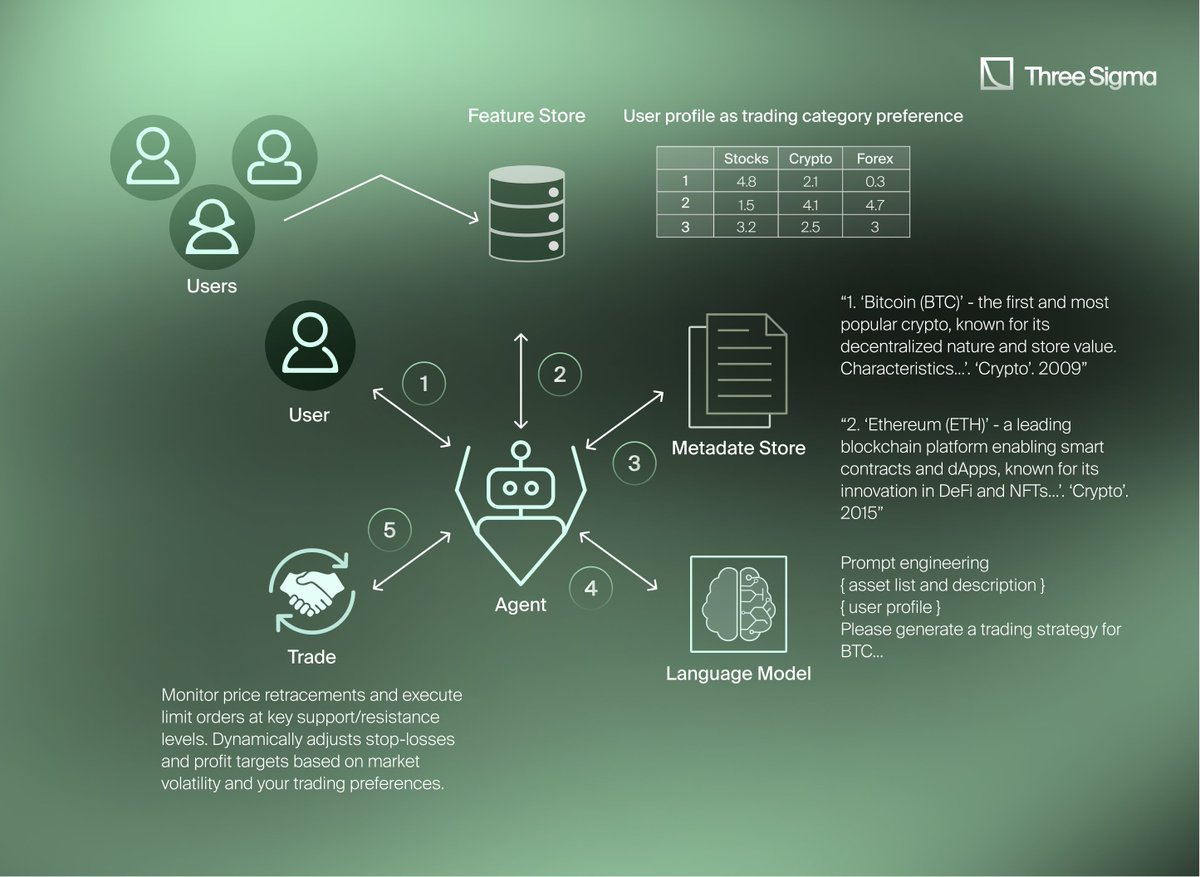
Decentralized Marketplace Participation: Sovereign agents can act as buyers or sellers in decentralized marketplaces, executing trades and settling payments with verifiable compliance. AP2 and EigenLayer ensure cross-chain compatibility and transparent transaction histories, fostering trust in peer-to-peer commerce.
-
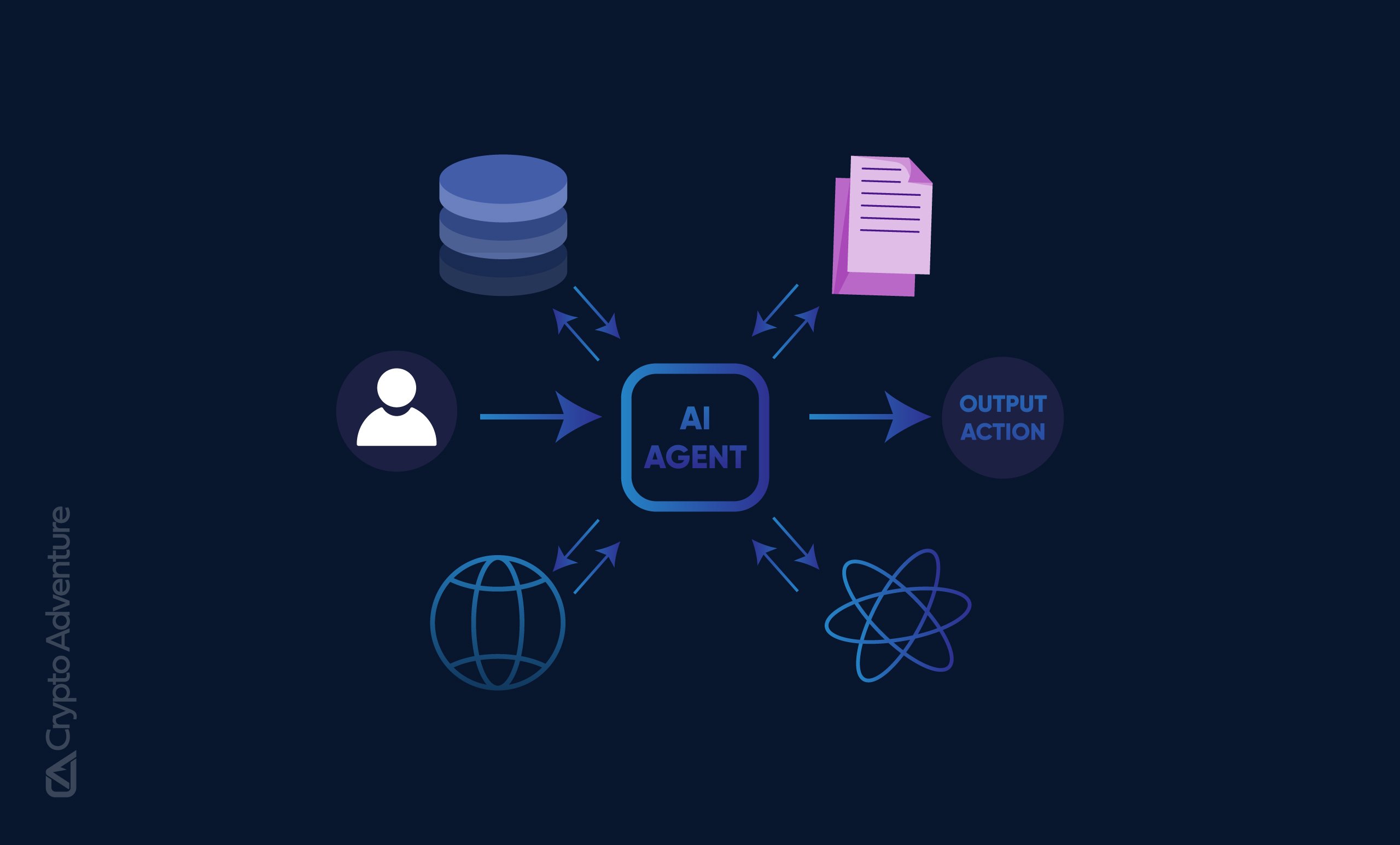
Automated Compliance and Tax Remittance: AI agents can autonomously calculate, withhold, and remit taxes or regulatory fees during transactions. By leveraging AP2’s payment protocols and EigenLayer’s verifiability, agents ensure end-to-end compliance and auditability for businesses and regulators.
For example, autonomous logistics agents can now settle freight payments directly with suppliers, while decentralized insurance bots can verify claims against immutable on-chain data. The result is a more fluid, interoperable marketplace where both human users and machine agents transact under a unified standard of trust.
As the ecosystem matures, we can expect increased composability between DeFi protocols, enterprise payment systems, and retail banking, all mediated by verifiable agent payments. This will inevitably drive adoption of both Ethereum staking for AI use cases and broader crypto-economic security models.
Challenges Ahead, and Why Crypto-Economic Security Matters
Despite these breakthroughs, several challenges remain. Ensuring seamless cross-chain interoperability without introducing new attack vectors requires ongoing research into slashing conditions, validator incentives, and upgradeable protocol logic. Moreover, regulators will closely scrutinize how these autonomous agents comply with AML/KYC standards, especially as they interface with fiat on-ramps.
Nevertheless, the fundamental advantage of EigenCloud’s trust layer remains clear: by tying agent accountability directly to staked assets on Ethereum, the system creates a transparent framework for dispute resolution that minimizes reliance on centralized authorities or closed networks.
The AI agent economy crypto sector stands at an inflection point. With Google Cloud’s AP2 setting a universal standard for agent-led transactions, and EigenLayer providing the robust security backbone, the vision of autonomous economic actors transacting globally is rapidly moving from concept to reality.







